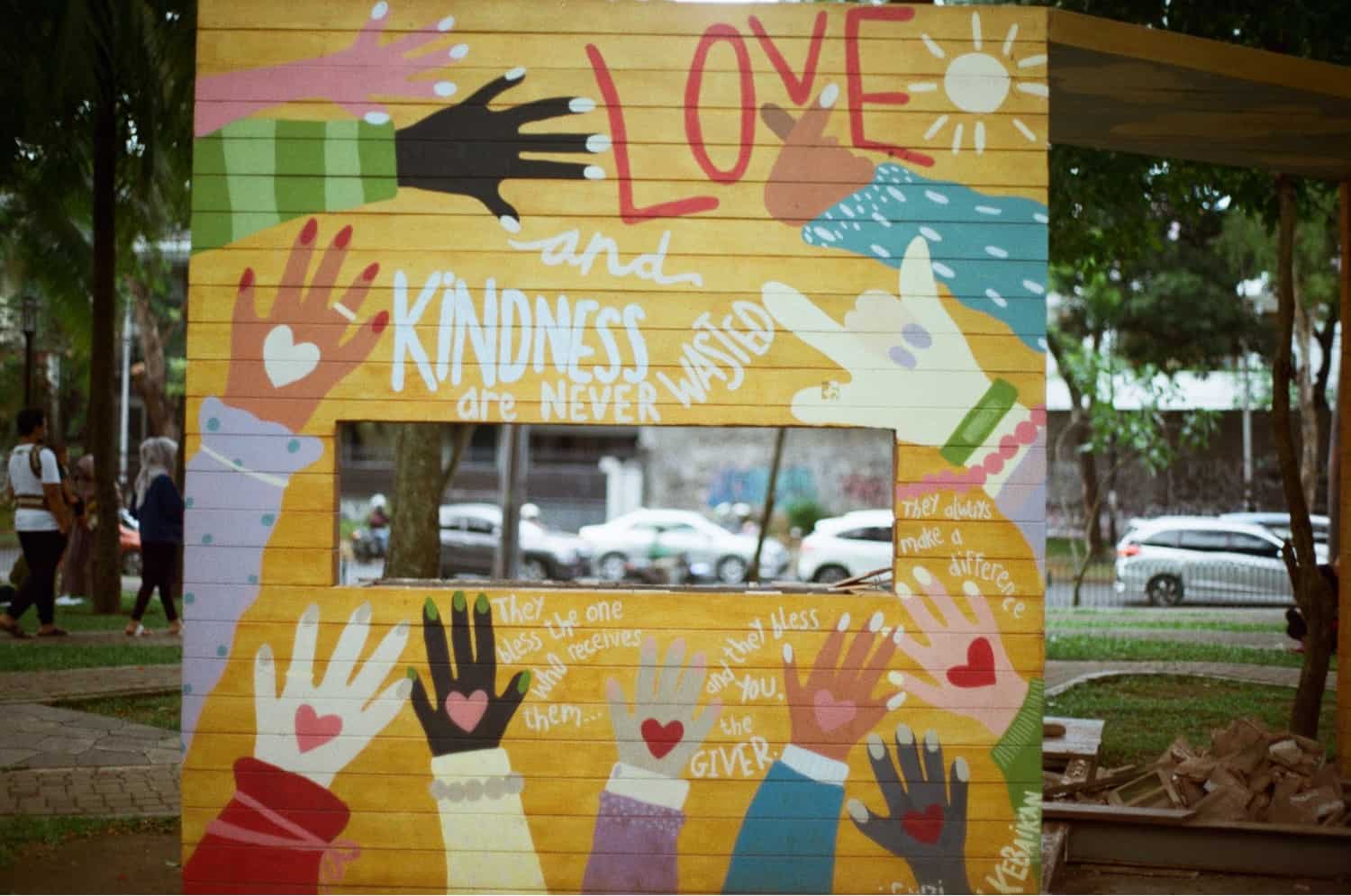Jess Auerbach, North-West University and Jess Auerbach, North-West University
In the face of South Africa’s stark inequalities it was clear that many people were likely to fall into even more desperate circumstances once the reality of COVID-19 restrictions set in. Many immediately lost jobs or saw their businesses collapse, and a host of other restrictions led to unprecedented changes in how we lived.
For the first time in the country’s democratic history, all were compelled to consider the realities of other people. These included the physical and the social. Who lived at home? Do they get along? What would the impact be of weeks in the same space without a break? Was there enough food? Did the roof leak?
Remarkably, the country mobilised. Individuals offered whatever support they could, in money, in food and in services. In every corner of the nation, communities sprang into action to take care of their most vulnerable citizens. In many ways, across the country, South Africans were stepping up to support one another in ways rarely seen.
I started recording such acts of kindness at the start of first national lockdown in April 2020. Given my longstanding commitment to students as not only consumer but producers of knowledge, I brought students onboard. As we scrambled to turn our classes online, new possibilities for practical application of theory also emerged. In this case we studied the theories of representation whilst also contributing to the perception of South Africa and Africa through a digital project.
The collection included almost 2000 submissions of remarkable acts of kindness and care between everyday people resident in South Africa during the national lockdown. Much of it – particularly during the early phases of the lockdown – demonstrated the best of who we can be as a country.
The stories range from tiny interventions such as the sharing of a WiFi password to the exceptional, like allowing strangers to live in one’s house for as long as they needed to. Each intervention shows a response to the pandemic from a unique perspective as people did what they could to help each other in extremely unusual times.
Our collective work has been published as a book of 50 stories of everyday kindness from around South Africa. They are illustrated by rising artist Jethro Longwe and curated by prominent Southern Africans involved in the pandemic response.
What we witnessed during the national lockdown was the absolute best of who South Africans can be. At a time of great challenge, they held one another up. As a scholar of post-war Angola I have learnt how valuable it is during troubled times to raise one’s gaze above what’s not working to look at what is working. Some South Africans have done so during the most trying periods of the Covid-19 pandemic.
When politicians floundered, community action networks sprung to action and distributed food parcels to those most in need. South Africans also supported essential workers.
Another lesson from the pandemic is that though the complexity of the national level is beyond most of our comprehension, we live in the micro, and that is where we can work. Through millions of small interventions, the country was held up and sustained in powerful ways that can, and should, continue long past the pandemic. Take the example of the Muizenberg Kitchen in Cape Town: it emerged as an urgent response to hunger in the community during the lockdown. Now it feeds hundreds of people every week and has become a sustainable example of community activism.
Why it matters
The project turned into a book after I realised what impact being asked to focus on everyday kindness had on my students. Many of them started the course cynical and angry about the various socioeconomic and political challenges facing South Africa. But by changing the lens through which they looked at the world around them, students reported an improvement in mental health. They became more optimistic. It also helped amplify their own acts kindness in their day to day lives.
This book reminds us of a time that was very challenging, but in which we changed the way we act to hold each other up. It reminds us that we can do this, and that most of us want to.
Through the 50 stories that it records, we remember the basic goodness in South Africans, and our desire to support one another across all kinds of divides and barriers. We cannot afford to “un-see” the best of us. We need to trust in our fellow citizens, and amplify the good.
Jess Auerbach, Senior Lecturer, Social Anthropology, North-West University and Jess Auerbach, Senior Lecturer in Anthropology, North-West University
This article is republished from The Conversation under a Creative Commons license. Read the original article.
